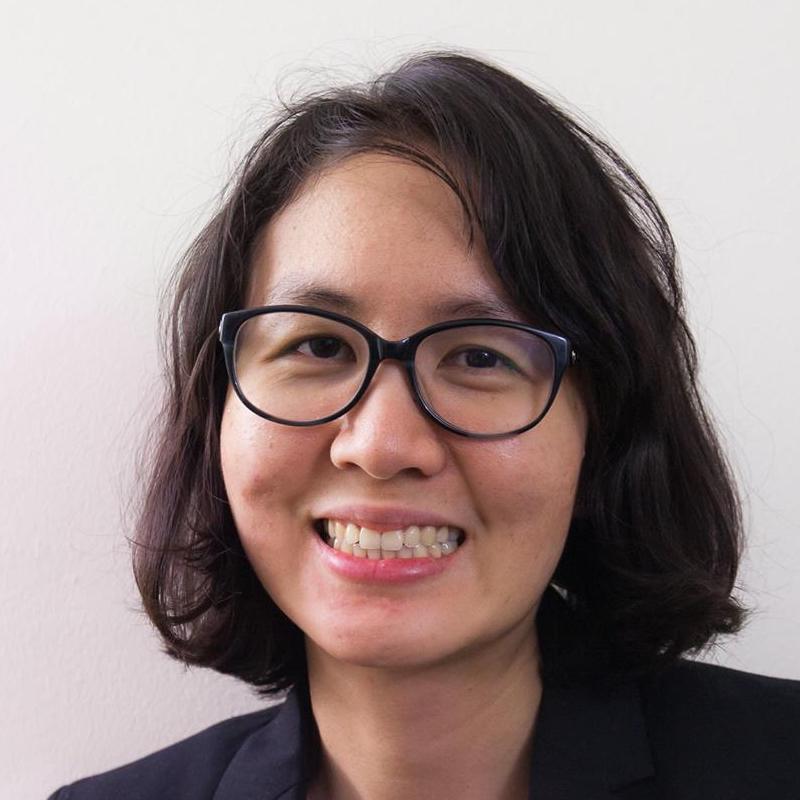Submissions
These submissions are presented but the workshop is open for all to attend and join the discussion. You can register for UbiComp/ISWC including workshops or only for the workshops in order to attend. We also invite everyone without a submission to present their work and bring their own wearable prototypes to the workshop. Please contact Pradthana.Jarusriboonchai [âŧ] ulapland.fi for arranging this.
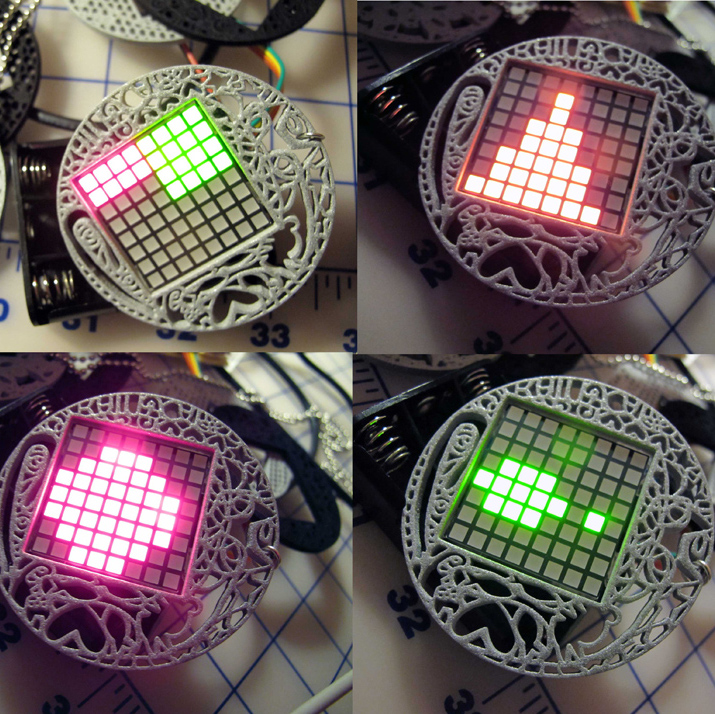
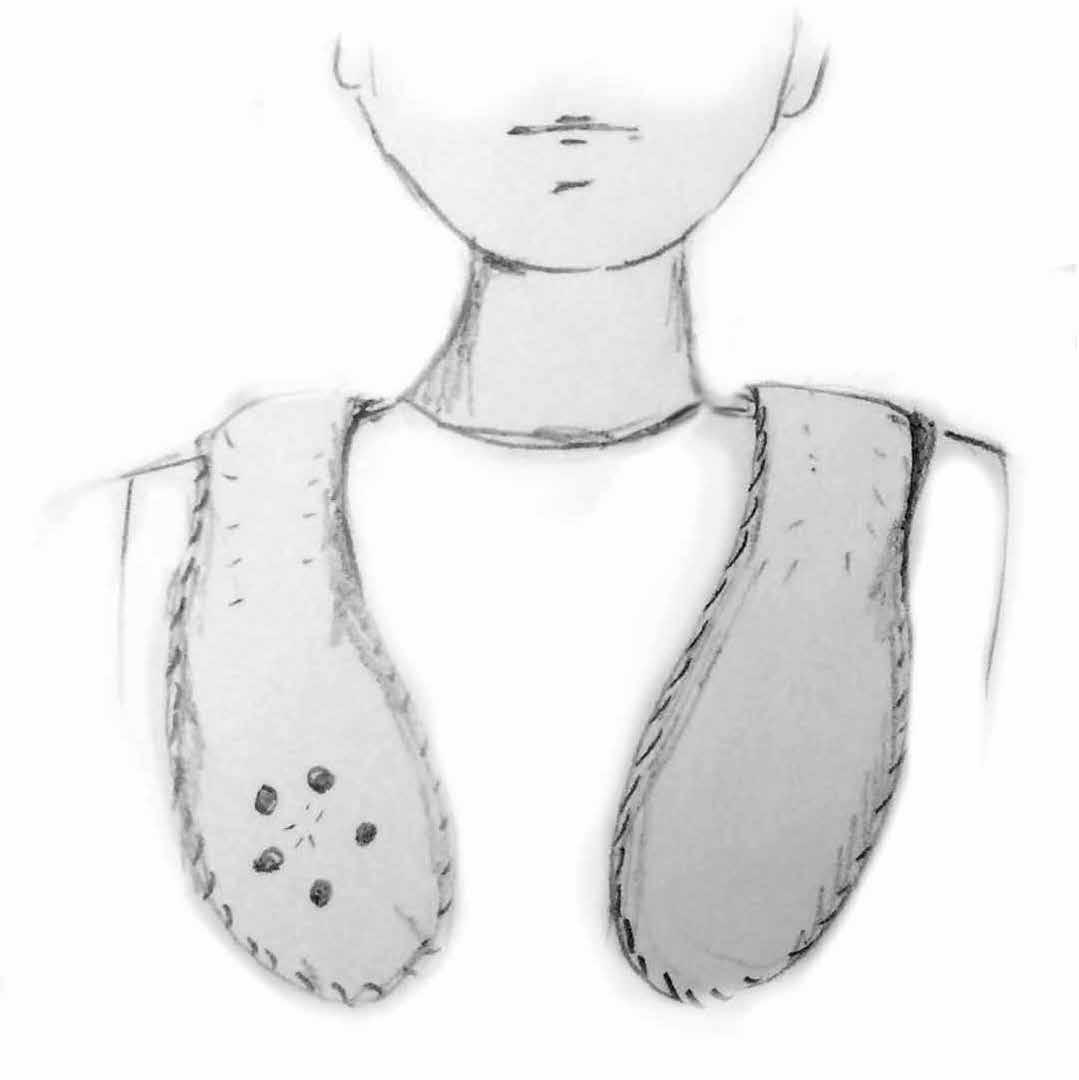
'True Colors': A Social Wearable that Affords Vulnerability
Ella Dagan, Elena Márquez Segura, Ferran Altarriba Bertran, Miguel Flores, Katherine Isbister
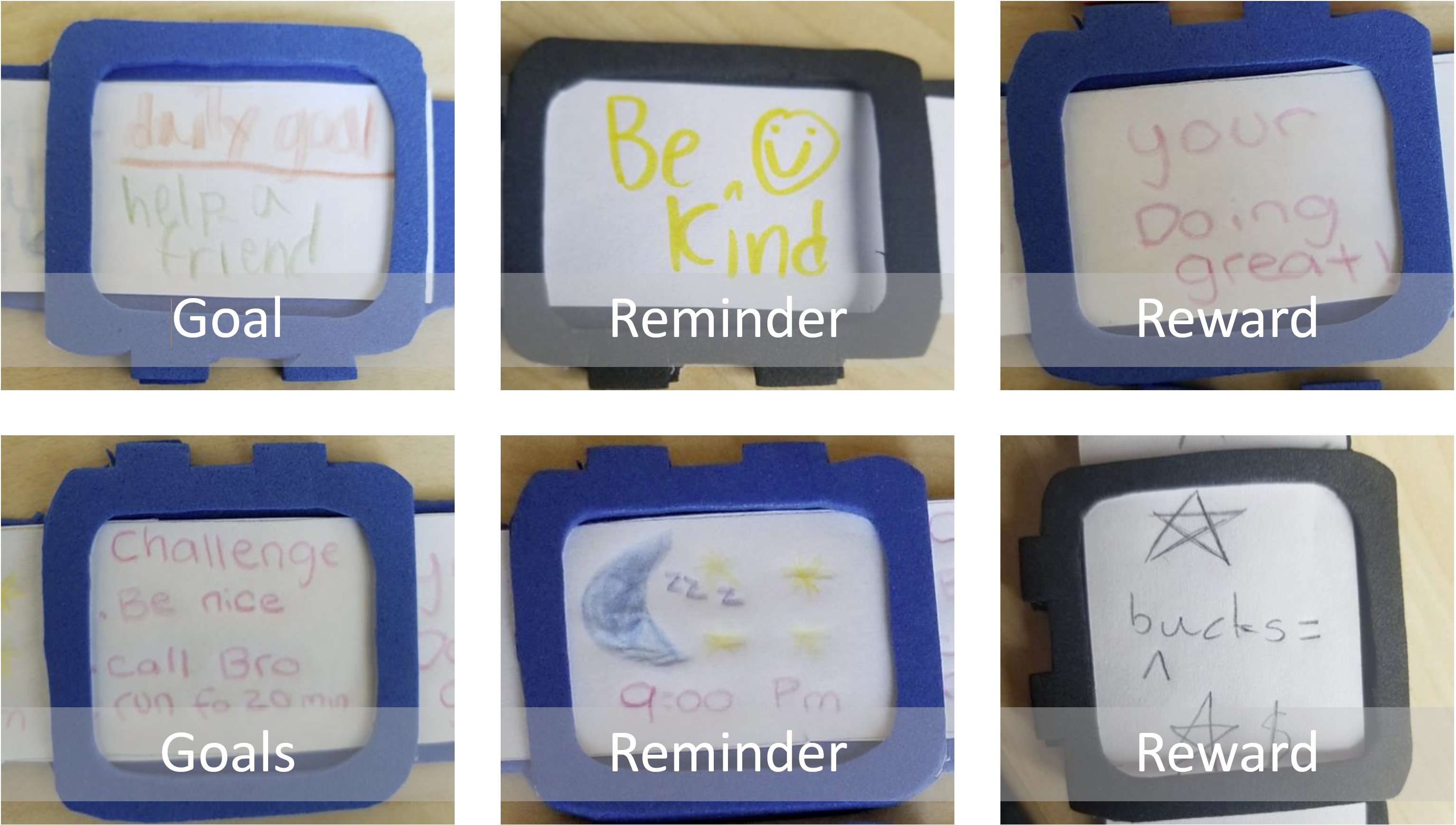
Balancing Caregivers and Children Interaction to Support the Development of Self-Regulation Skills Using a Smartwatch Application
Franceli L. Cibrian, Kimberley D Lakes, Sabrina Schuck, Arya Tavakoulnia, Kayla Guzman, Gillian Hayes
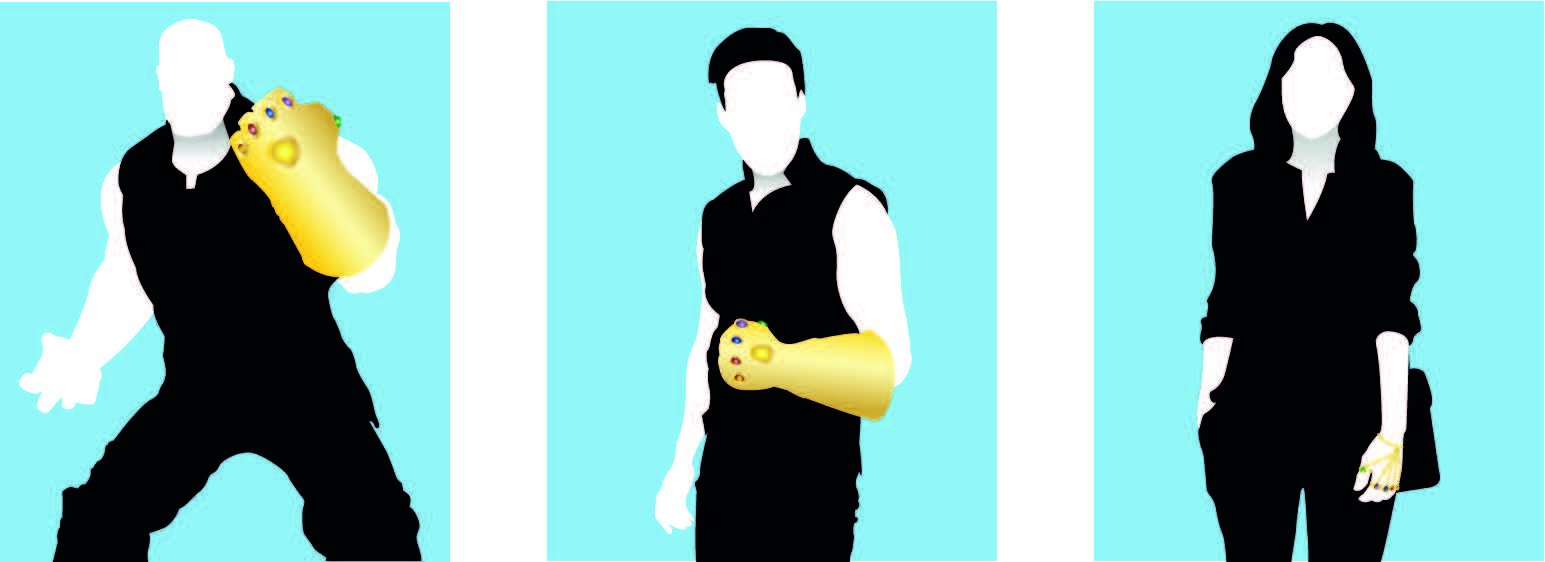
Cosplay as Inspiration for Wearables Research
Ella-Noora Polvi, Pradthana Jarusriboonchai, Jonna Häkkilä



